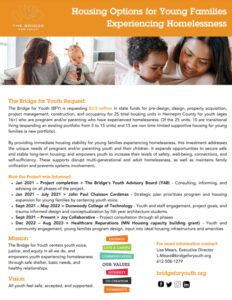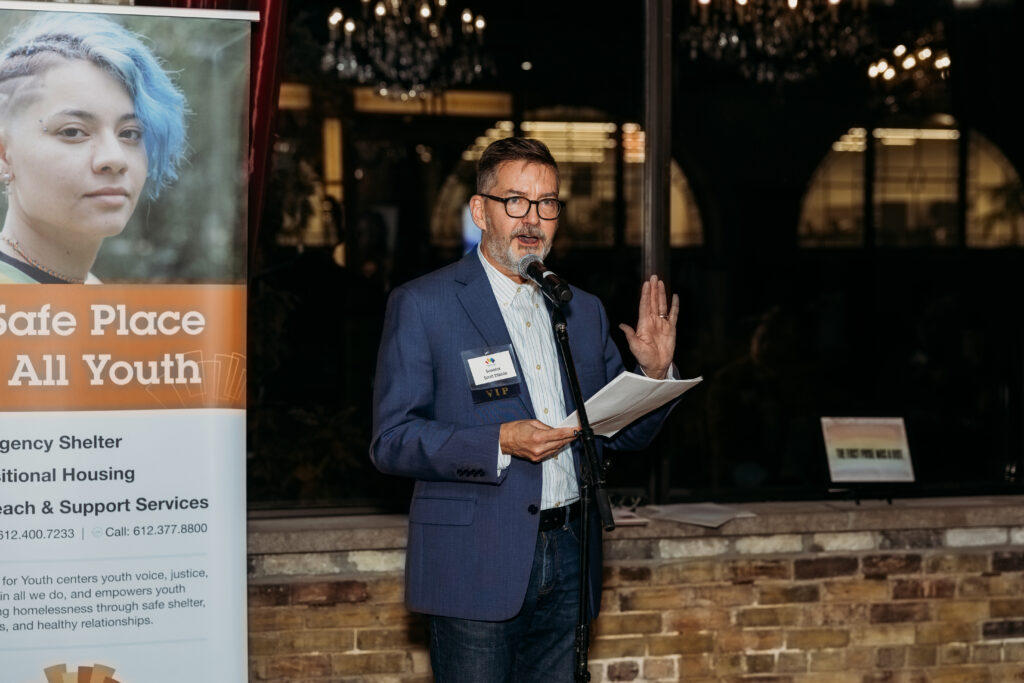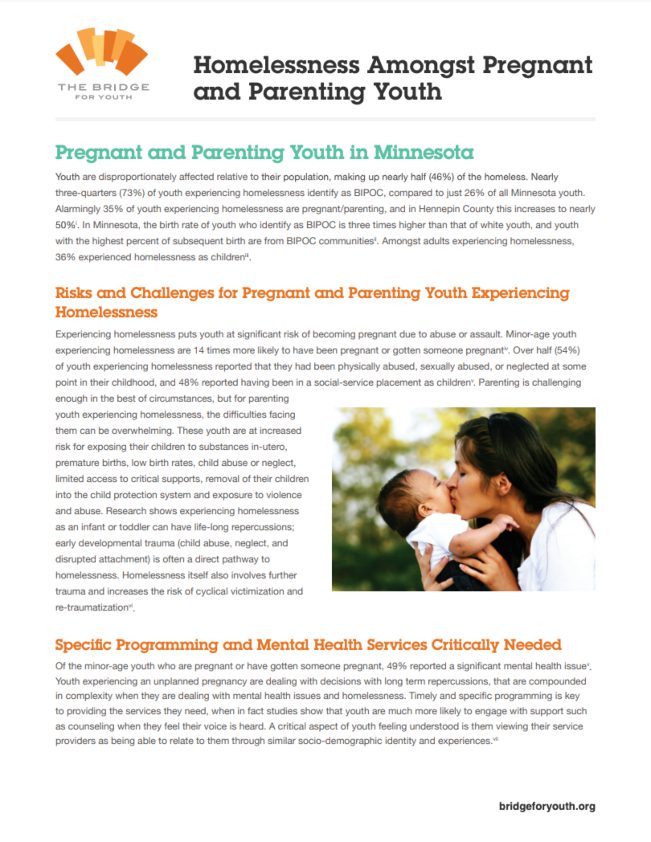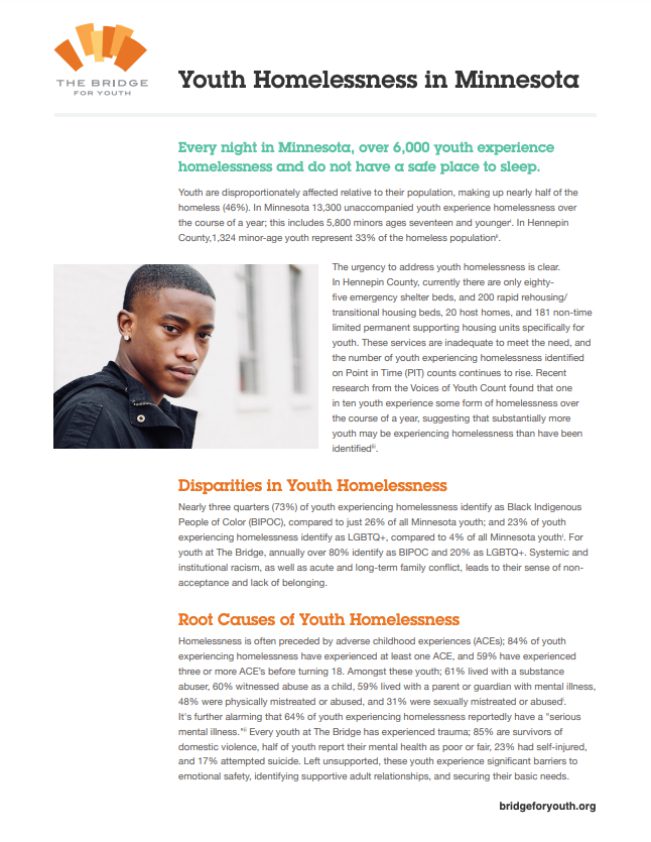We Need Your Voice Today!
The Bridge for Youth (The Bridge) centers youth voice, justice, and equity in all we do, and empowers youth experiencing homelessness through safe shelter, basic needs, and healthy relationships.
Our vision is a community where all youth feel safe, accepted, and supported. Since 1970, over 50,000 youth have found safety and stability at The Bridge through emergency shelter and transitional housing for youth and has pioneered a national model of innovative homeless youth services across the nation.
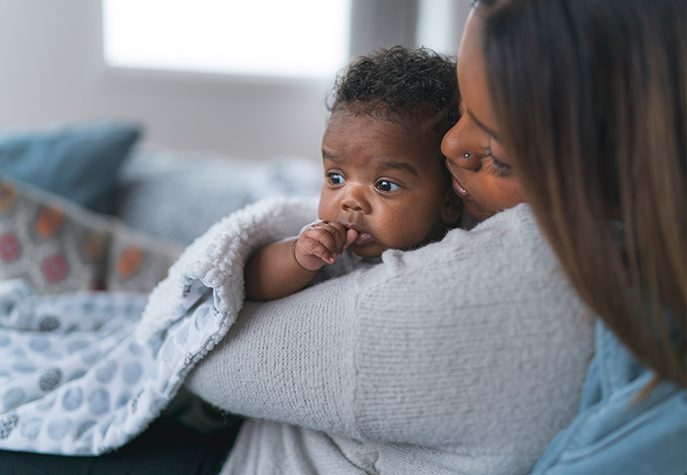
Our 2024 Legislative Capital Request
During this 2024 legislative session, The Bridge for Youth (BFY) requested $3.5 million in state funds for pre-design, design, property acquisition, project management, construction, and occupancy for new housing units in Hennepin County for youth (ages 16+) who are pregnant and/or parenting and have experienced homelessness.
This request was not fulfilled because the Minnesota Legislature did not pass a bonding bill.
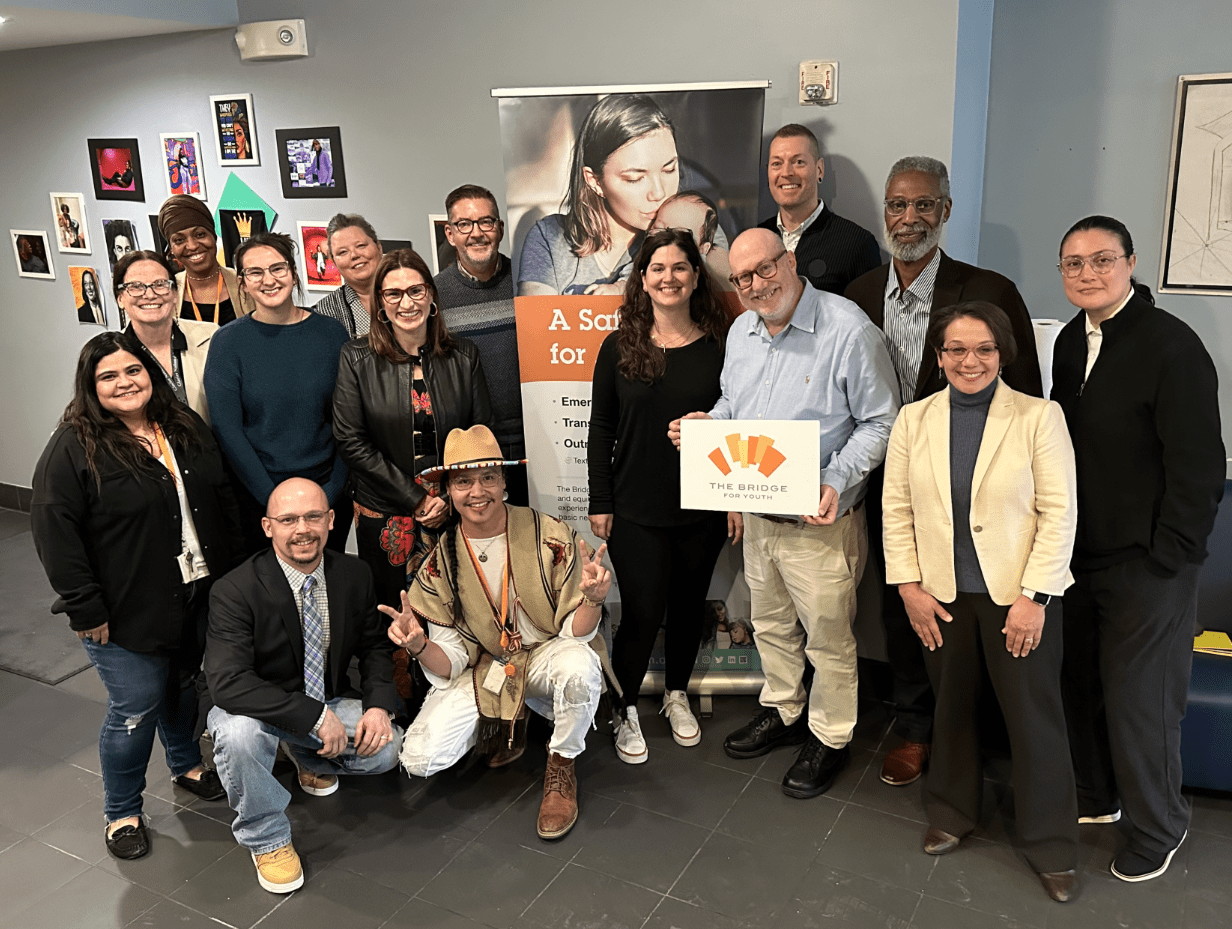
The Bridge for Youth’s Strategic Plan Framework directs the organization to make significant investments in housing to address a critical gap of options in the 7-county metro by expanding between 30 to 40 new housing units for young families, including 15 new transitional living and up to 24 non-time limited supportive housing units on a new site in Hennepin County. This investment would fortify the continuum of care and spectrum of supports for young families ages 16+ at The Bridge.
The Bridge’s new continuum of care vision includes:
Prevention
Community outreach & mental health services
Emergency Shelter
Gloria’s Place
Transitional Living Program (TLP)
Expansion of Marlene’s Place from 5 to 15 units
Non-Time Limited Supportive Housing
New portfolio of 20-24 units
Aftercare Services
Continuation of wholistic supports
Given the Minnesota Legislature did not adopt a bonding bill this year, we are still hoping for a special session so that critical nonprofit projects like ours get funded.
Centering Youth Voice
In 2023, The Bridge for Youth received a $50,000 capacity building grant from the Minnesota Housing Finance Agency (MHFA). The Bridge hired the Healthcare Reparations Cooperative (HCR) to engage young families experiencing homelessness, center their voice, and learn directly from their lived expertise to define the ideal spectrum of housing supports and the holistic and culturally responsive programming to accompany this housing infrastructure. HCR engaged youth/housing experts, facilitated national research on best practices, and evaluated local / national data on pregnant and parenting youth experiencing homelessness to further define The Bridge’s strategic expansion. The goal was to ground the development of the housing expansion in youth voice and their expertise, and to assure youth were central in designing their ideal home for their families.
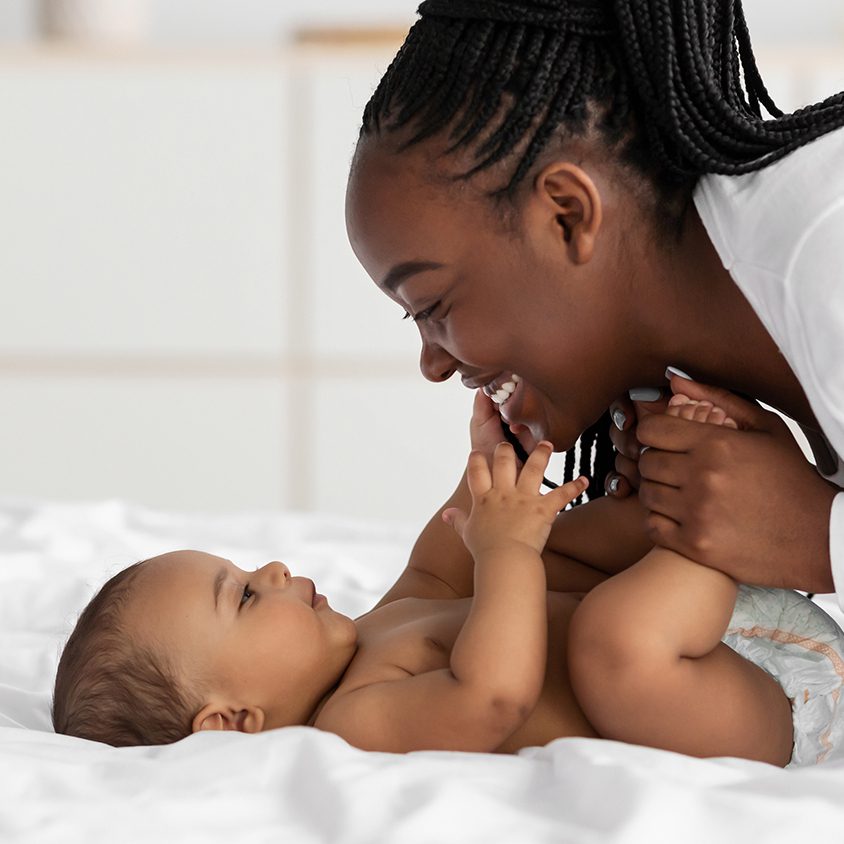
Project Milestones
Jan 2021 – Project Completion
The Bridge’s Youth Advisory Board (YAB) – Consulting, informing, and advising on all phases of the project.
Jan 2021 – July 2021
John Paul Chaisson Cardenas – Strategic plan prioritizes program and housing expansion for young families by centering youth voice.
Sept 2021 – May 2022
Dunwoody College of Technology – Youth and staff engagement, project goals, and trauma-informed design and conceptualization by 5th-year architecture students.
Sept 2021 – Present
Joy Collaborative – Project consultation through all phases.
Dec 2022 – Aug 2023
Healthcare Reparations Cooperative (MN Housing capacity building grant) – Youth and community engagement, young families program design, input into ideal housing infrastructure and amenities.
Oct – Nov 2023
Capital Investment Committees – The Bridge for Youth hosted the committee members and staff on the bonding tour and presented our strategic housing expansion for young families.
Jan 2024
Lieutenant Governor Peggy Flanagan – In January 2024, The Bridge hosted Lieutenant Governor Peggy Flanagan to meet and hear from our young families and to learn about our strategic growth.
Feb – May 2024
Legislative Session
Get Involved
The Need
Experiencing homelessness puts youth at significant risk of becoming pregnant due to abuse or assault. In Minnesota, 35% of youth experiencing homelessness are pregnant and/or parenting, and in Hennepin County this increases to nearly 50% – exceeding available services. There is a significant gap in availability of shelter and housing options for young families. In Hennepin County alone, the youth-designated Continuum of Services has only 85 emergency shelter beds, and 200 rapid rehousing/transitional housing beds, 20 host homes, and 181 non-time limited permanent supporting housing units specifically for youth. This falls inadequately short compared to the need.
The Impact
By providing immediate housing stability for young families in crisis, this investment addresses the unique needs of young families and expands opportunities to secure safe and stable long-term housing; and empowers youth to increase their levels of safety, well-being, connections, and self-sufficiency, disrupts to multi-generational and adult homelessness, maintains family unification, and prevents systems involvement.
2024 Events
Homeless Day on the Hill
- March 20, 2024
- Learn About This Event
Sprout
- April 25, 2024
- Learn About This Event
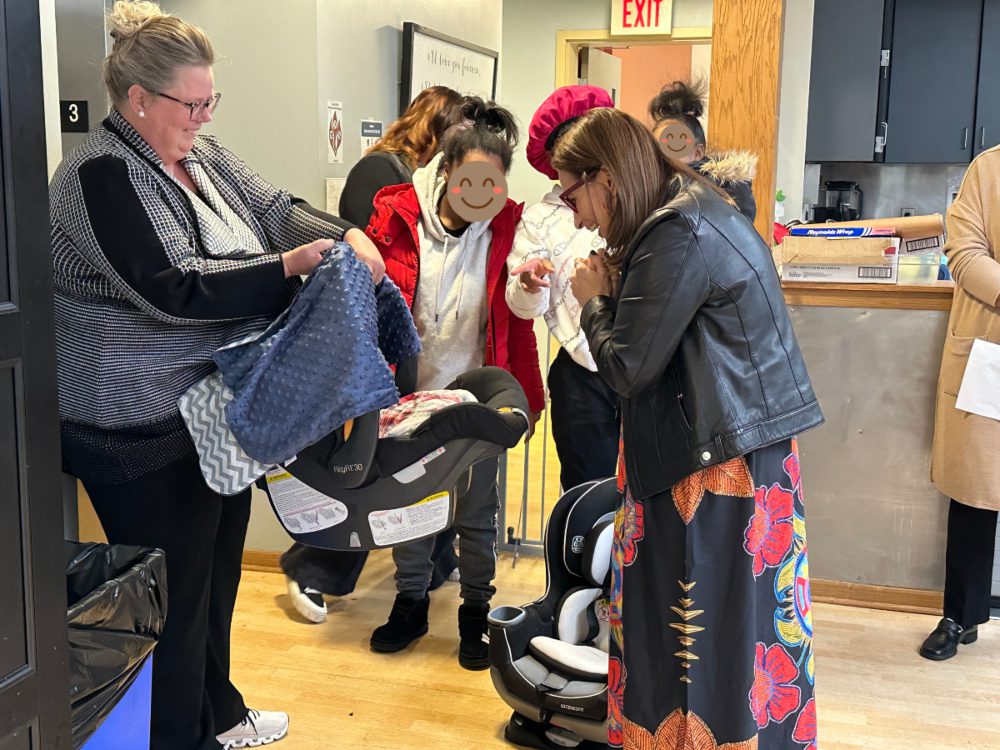
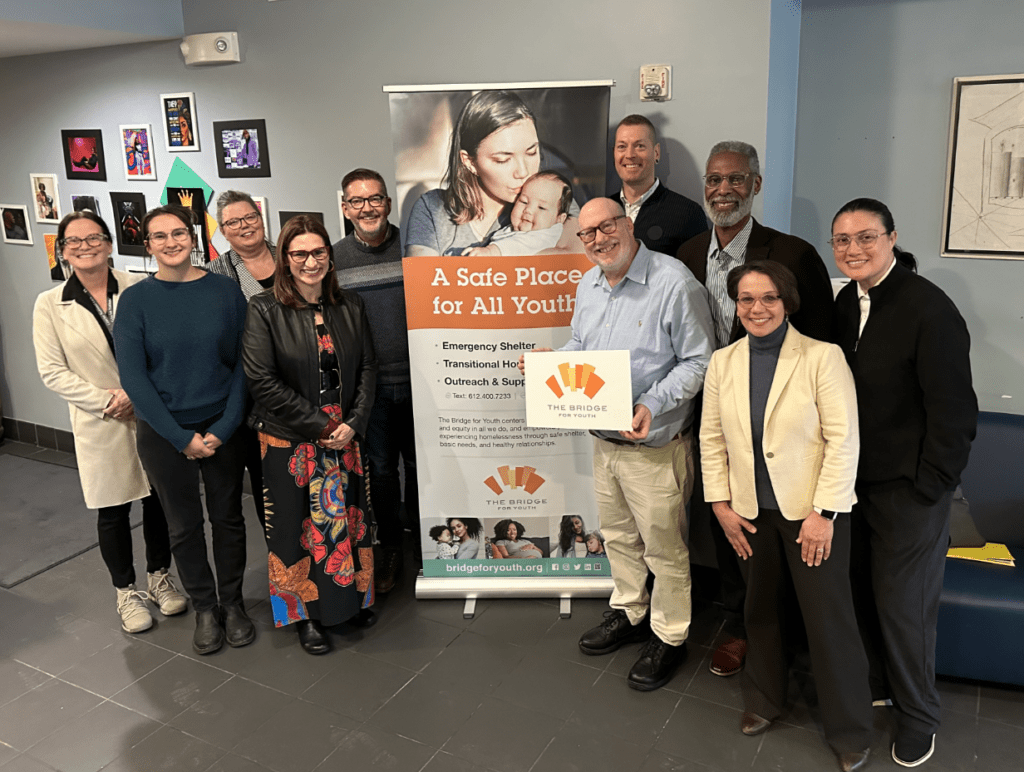
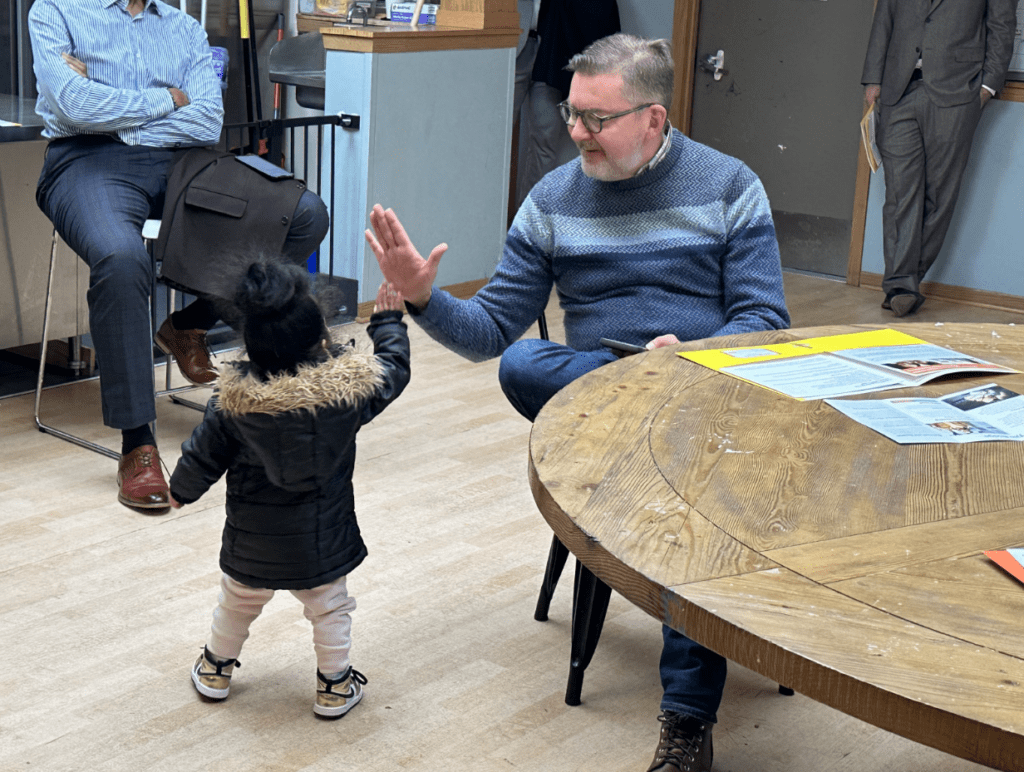
More About The Bridge for Youth
What started as one of the first programs in the nation to provide refuge from child abuse, teen prostitution, drug abuse, and domestic violence, is today one of the most respected nonprofits in the country serving youth experiencing homelessness. The Bridge is committed to the most vulnerable youth in our community – minor-aged, BIPOC, LGBTQ+, sexually exploited, abandoned, and pregnant/parenting youth (PPY). Last year, The Bridge engaged 6,960 youth through emergency shelter, housing, holistic health supports, mental health, outreach, and other supportive services. The Bridge owns two buildings in south Minneapolis with two (2) emergency shelters (10-17 years old; PPY 15-17 years old and their child ages 0-3); a Transitional Living Program (PPY 16-20 years old and their child ages 0-3); and a 12-unit supportive housing (18-22 years old).
